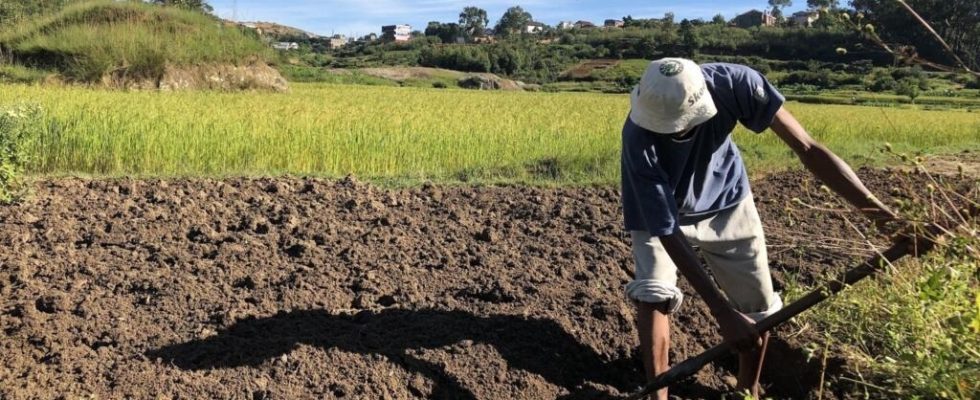The end of the four-day workshop this weekend, organized by the Malagasy Ministry of Decentralization and Territorial Planning to prepare the future land law. A new law which aims to assert state ownership of certain lands and to continue the legal protection of small farmers’ lands. A reform which also raises concerns.
2 mins
With our correspondent in Antananarivo, Sarah Tétaud
Since 2022, the State has invested considerably in securing farmers’ plots. A law allows them to obtain a land certificate for the land that they have been cultivating and developing for more than five years. This certificate is issued by the municipalities and legally recognizes the property. More than 1.4 million of these certificates have been issued recently (Casef project financed by the World Bank).
Now the state also wants to secure land in its name. Last January, the Council of Ministers therefore decided to amend law 2008-014 which governs the private domain of the State. “ The challenge is for the Malagasy State to know which lands belong to it. », Explains Mamin’ Ny Aina Rakotobe Lydson, the director of estates and land ownership, within the Ministry of Decentralization and Regional Planning.
For the State, this involves identifying land and better controlling its uses. “ The idea is to secure the domain of the State to avoid its squandering » underlines the domain manager.
Huge land need for farmers
But these latest directions worry civil society. Organizations defending family farming would like to be more widely involved in the process of rewriting the law. They fear, they assure RFI, that this land security reform, under the guise of wanting to inventory state land, in fact hides a desire to identify land – perhaps already appropriated locally – and to reserved for investors, national or international. And not to the millions of Malagasy households who make a living from agriculture (70% of the population, according to the World Bank’s 2024 poverty report).
In Madagascar, the need for land for farmers is massive, even more so for young people. Every year, 700,000 young people enter the job market and 80% of them turn to agriculture. More than 250,000 farms are created each year and need plots of land to cultivate. Peasant defense organizations hope that the State will support these young people as a priority.
